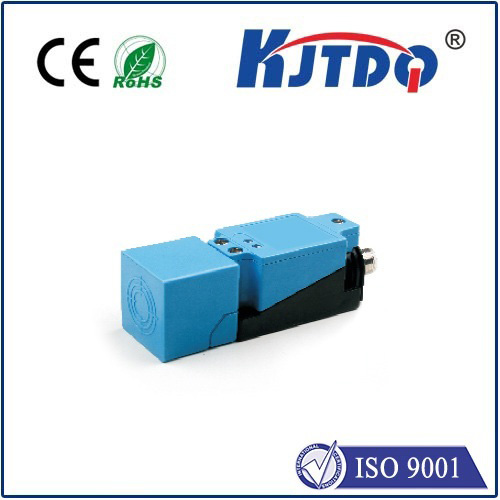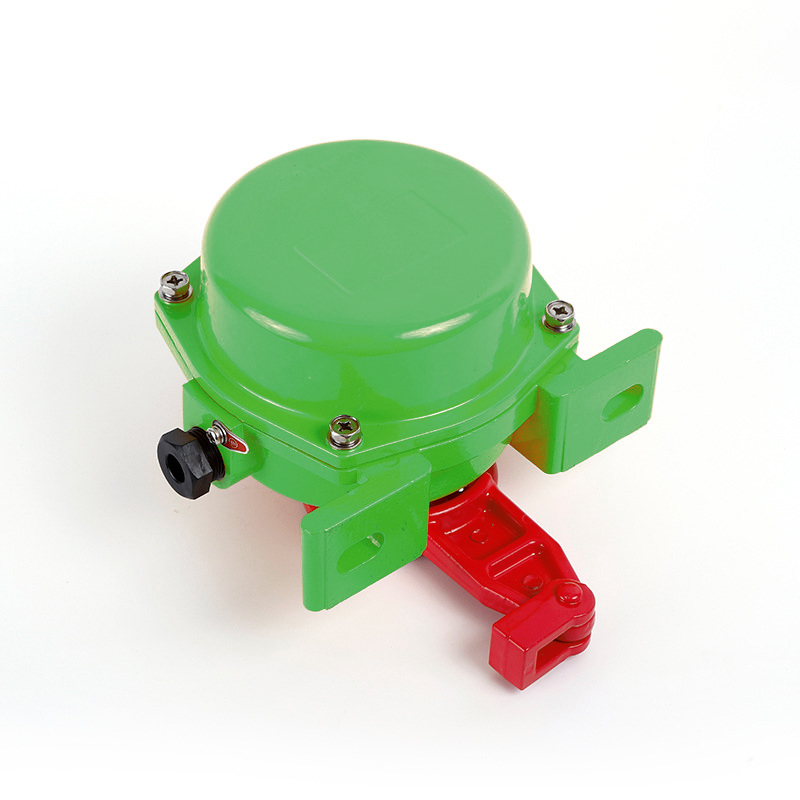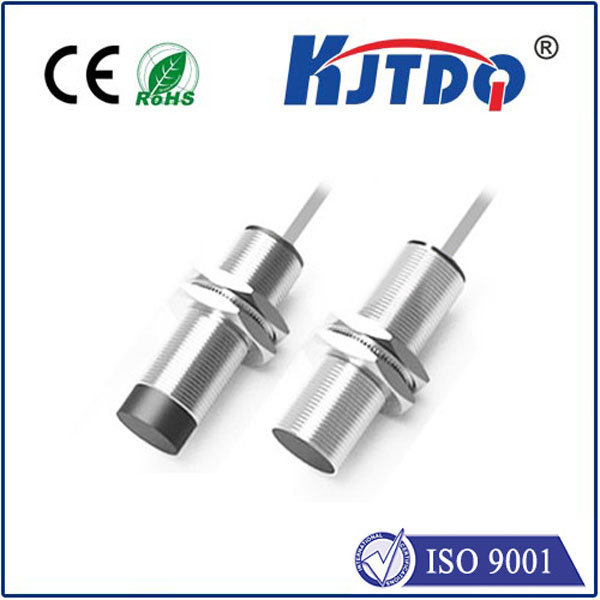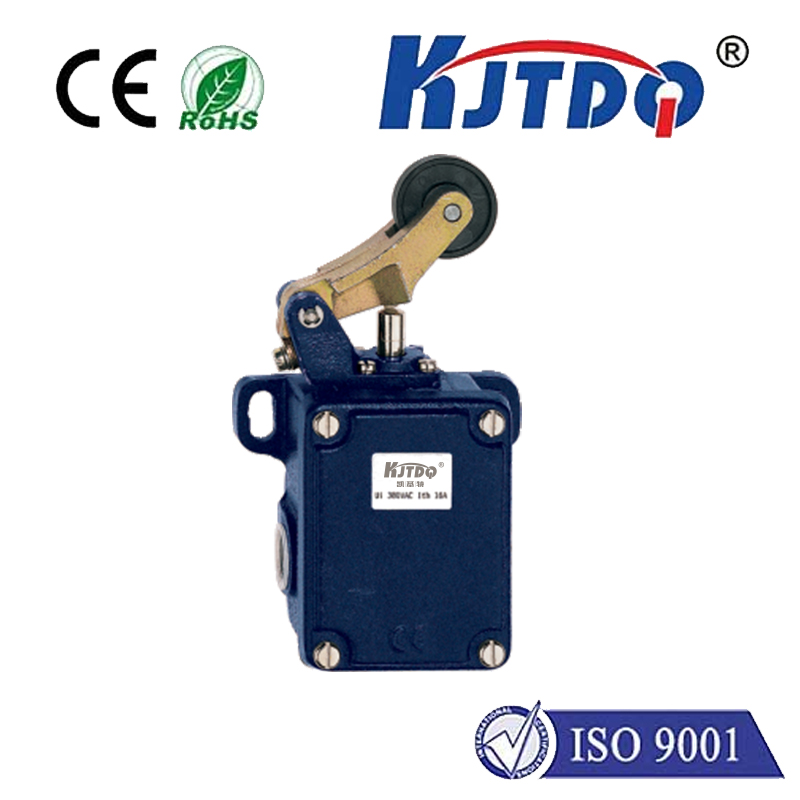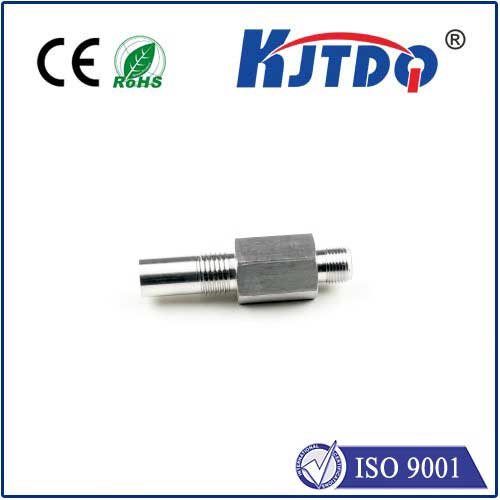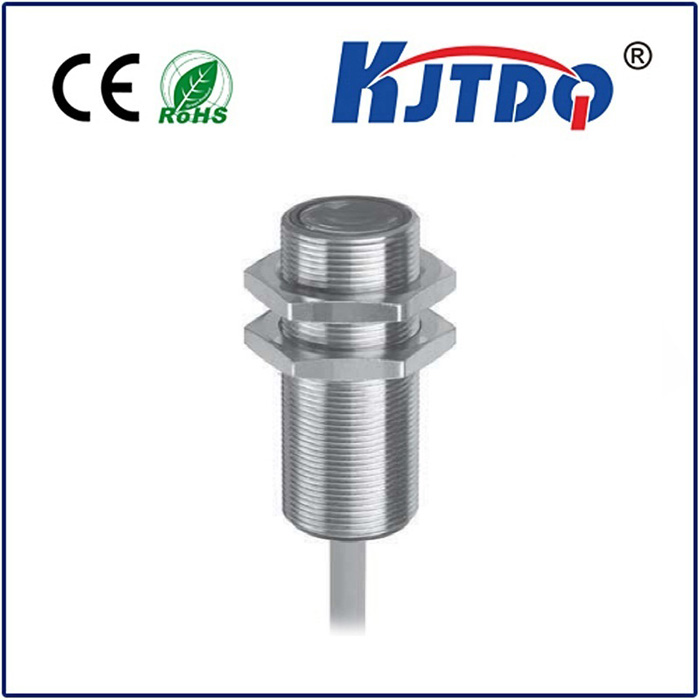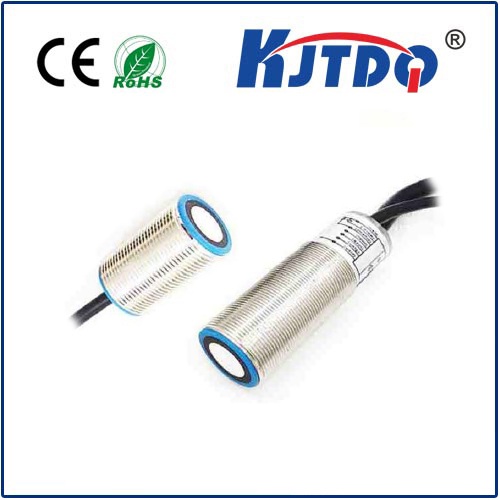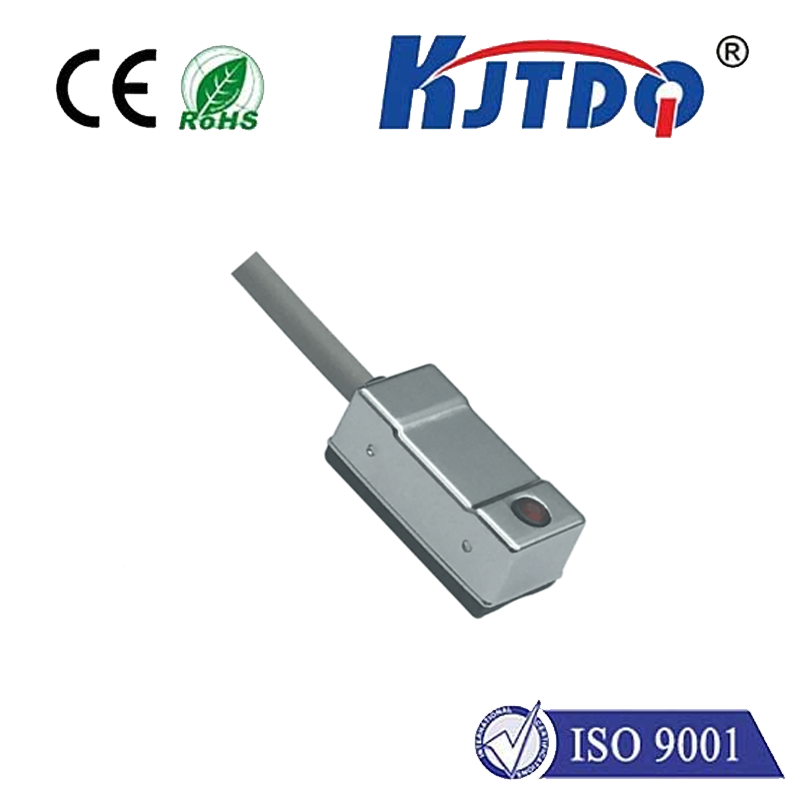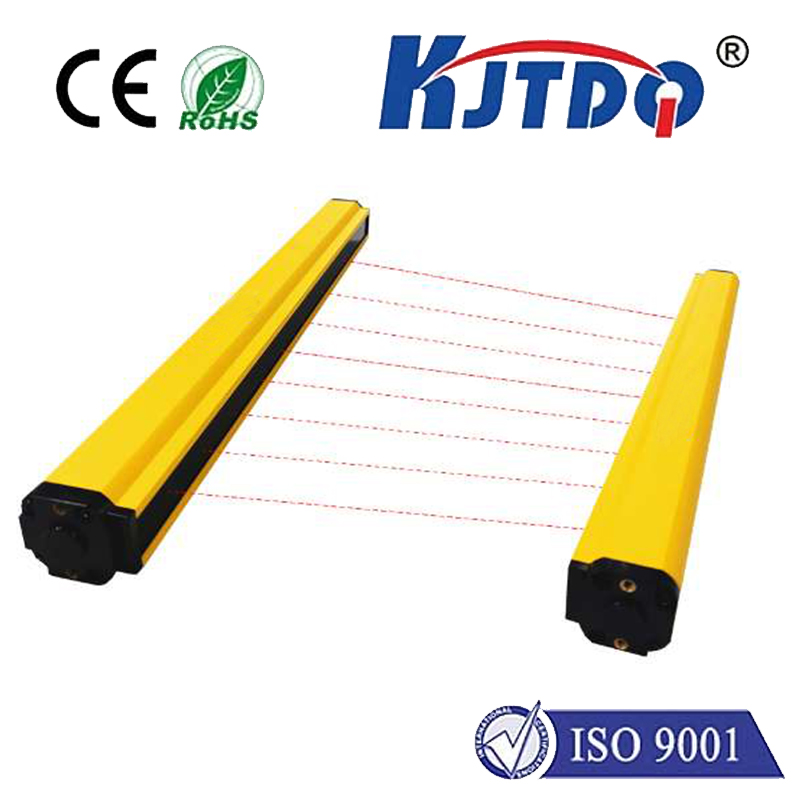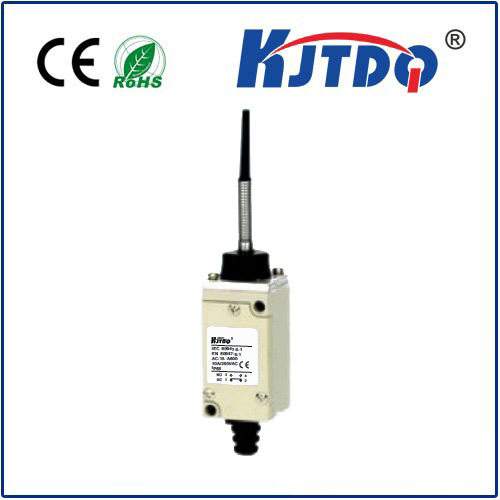
check

check

check

check
Title: Unleashing the Power of Capacitive Sensors for Enhanced Sensing and Measurement Applications
Capacitive sensors are a revolutionary technology that has gained significant attention in recent years due to their ability to detect and measure various physical phenomena with high precision and sensitivity. These sensors exploit the capacitive effect, which occurs when two electrically charged objects come into contact and exchange charges. The amount of charge transferred between theobjects determines the capacitance, which can be measured using specialized hardware and software algorithms.
In this article, we will explore the key features, applications, and advantages of capacitive sensors, providing insights into how they are transforming a wide range of industries from manufacturing and automotive to healthcare and aerospace.
Section 1: Overview of Capacitive Sensors
Capacitive sensors work by detecting changes in capacitance caused by the presence or movement of an object near the sensor. These changes can be detected and converted into electrical signals, which can then be processed and interpreted to yield meaningful information about the object being sensed. The most common type of capacitive sensor is the piezoelectric sensor, which uses a piezoelectric material to generate an electric charge when an external force is applied.
One of the key advantages of capacitive sensors is their non-invasive nature, as they do not emit radiation or require direct physical contact with the object being measured. This makes them particularly useful for detecting subtle changes in capacitance over time, such as those caused by temperature fluctuations or changes in the composition of the sensing medium. Additionally, capacitive sensors can be used in conjunction with other sensing technologies, such as optical sensors or magnetic sensors, to provide more comprehensive information about the object under investigation.
Section 2: Applications of Capacitive Sensors
The potential applications of capacitive sensors are vast and varied, spanning a wide range of industries and sectors. Some of the most promising areas of innovation include:
1. Manufacturing: Capacitive sensors can be used to monitor the performance and health of machines and equipment, allowing manufacturers to identify potential problems before they result in costly downtime or defects. They can also be used to detect leaks or spills in industrial processes, improving safety and reducing waste.
2. Automotive: Capacitive sensors play a critical role in automotive safety systems, monitoring the position and orientation of various components such as seatbelts and airbags. They can also be used to detect collision damage or other forms of wear on vehicle parts, helping drivers avoid repairs until they are absolutely necessary.
3. Healthcare: Capacitive sensors have been proposed as a potential tool for monitoring vital signs and detecting early signs of disease or illness. For example, researchers have suggested using capacitive sensors to measure skin conductivity, which could provide valuable information about a person's metabolic activity or hydration status.
4. Aerospace: Capacitive sensors are essential for many aerospace applications, including navigation systems, weather monitoring, and spacecraft control. They can provide accurate measurements of environmental factors such as temperature, humidity, and pressure, helping astronauts navigate safely through space.
5. Consumer Electronics: Capacitive sensors are commonly used in consumer electronics such as smartwatches and fitness trackers to monitor heart rate, step count, and other metrics related to physical activity and health. They can also be used to detect touch inputs on touchscreen devices, enabling intuitive user interfaces.
Section 3: Advantages of Capacitive Sensors
Despite their relatively new development, capacitive sensors offer several significant advantages over other sensing technologies. Some of these benefits include:
1. Non-invasive: Capacitive sensors do not require direct physical contact with the object being measured, making them ideal for sensitive or fragile applications where traditional sensing techniques may cause damage or contamination.
2. High Accuracy: Capacitive sensors can achieve high levels of accuracy thanks to their ability to detect even minor changes in capacitance over time. They also do not suffer from drift or calibration issues that can be encountered with other sensing technologies.
3. Scalability: Capacitive sensors can be easily scaled up or down depending on the specific application requirements, making them a versatile choice for a wide range of tasks.
4. Cost-Effective: Although capacitive sensors may initially require higher upfront costs than some other sensing technologies, their lower maintenance and operating costs over time often make them a cost-effective choice in the long run.
